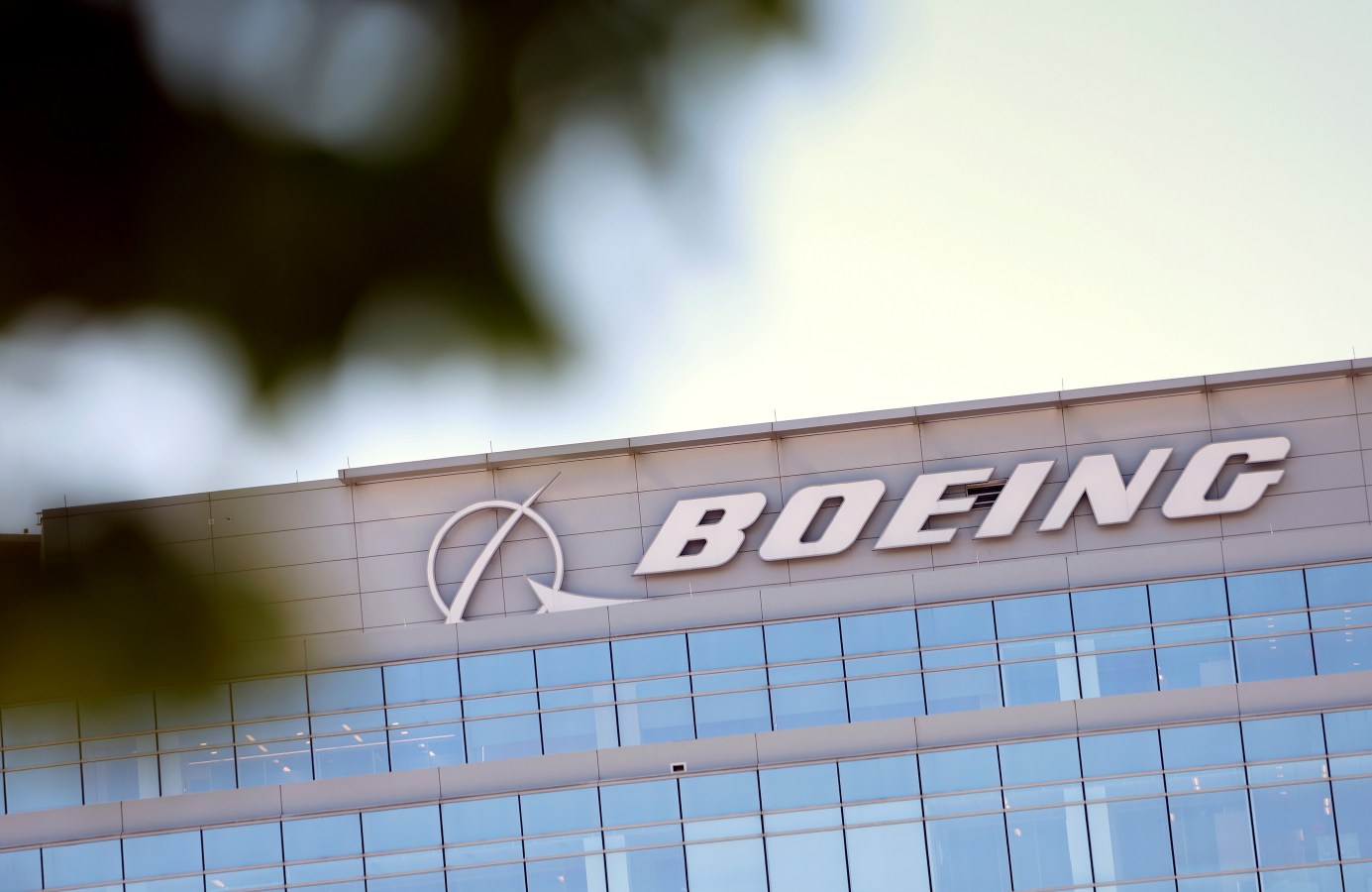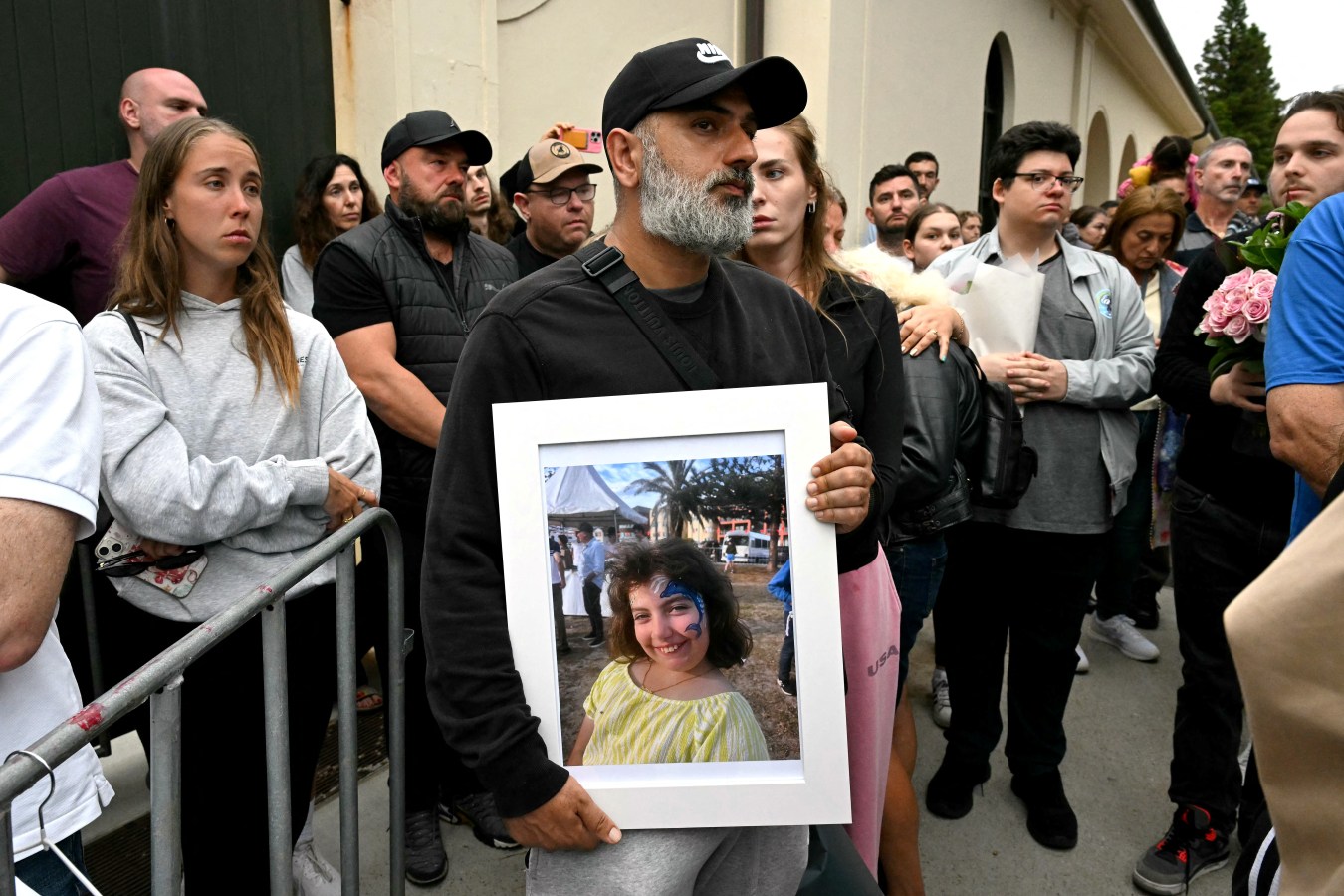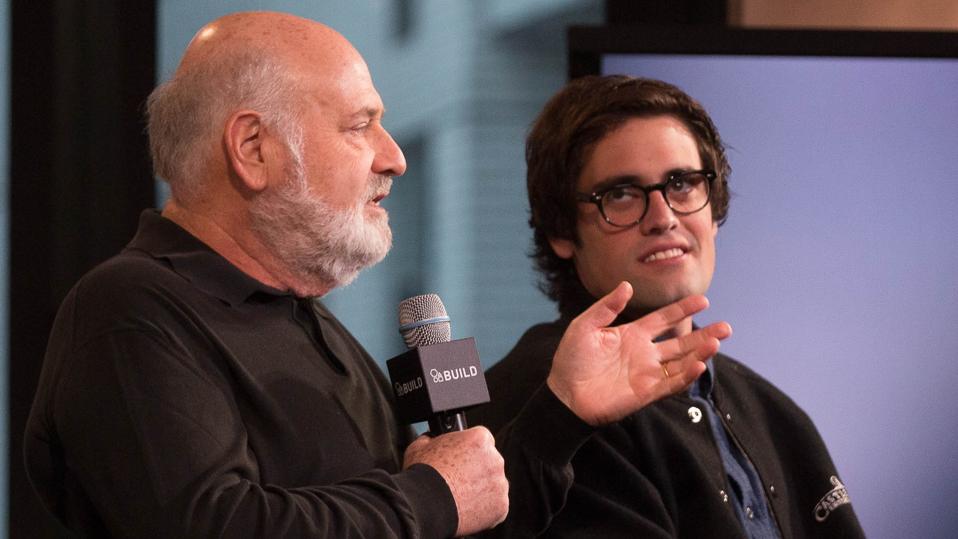Industry observers are skeptical the finance specialist has the right skills to fix Boeing’s troubled airliner division. Former co-workers tell Forbes why management is putting its faith in her.

When Stephanie Pope was appointed chief operating officer of Boeing in December, the reaction of many outside the company was, “Stephanie who?”
A little-known finance specialist who had most recently run the smallest of Boeing’s three divisions, devoted to aftermarket parts and services, the surprise promotion was seen as giving Pope the chance to gain the operational experience to succeed CEO David Calhoun in another few years.
But with Boeing thrown into yet another crisis in January after a midair blowout of a panel on an Alaska Airlines 737 MAX renewed scrutiny over the safety of its airplanes, change at the top has been accelerated.
Under pressure from federal investigations and airline customers furious over delays in receiving their aircraft, Boeing’s board announced last week it would begin searching for a new CEO to replace Calhoun, who said he would leave by year-end. Pope, 51, was abruptly given the job of running its commercial airline business, taking over from Stan Deal.
Now it seems less likely that Pope will take over as CEO. Amid criticism that Boeing lost its engineering mojo over the past 20 years under CEOs with a finance background – GE alumni Calhoun and Jim McNerney — Wall Street and airlines are clamoring for someone with manufacturing chops to straighten out the company’s production problems. An audit conducted in the wake of the Alaska incident by the Federal Aviation Administration at the 737 MAX factory in Renton, Washington, found it to be below standards on 33 of 89 parts of the manufacturing process that were examined, according to a presentation obtained by the New York Times. Production of the MAX, Boeing’s best-selling plane, has slowed dramatically as the company works to improve processes.
And for the same reasons, three industry observers told Forbes they’re skeptical whether Pope is more than a placeholder at Boeing Commercial Airplanes.
“Proficiency in Microsoft Excel is not what’s missing here,” Richard Aboulafia, a managing director at AeroDynamic Advisory, told Forbes. “Interim leader, sure. Person who rescues a deeply troubled unit? Hell no.”
A Boeing spokesman told Forbes that Pope wasn’t being made available for interviews.
But Calhoun and the board seem to have faith in Pope’s abilities. Three former Boeing employees who worked with Pope over the past three decades offered some explanations as to why. They told Forbes that she’s a formidable leader who has a skillset that could make her effective as CEO of Boeing Commercial Airplanes.
They described her as a hard worker, a good listener who’s adroit at pumping employees for information and ideas, and skilled at building a consensus.
Related
She may not be an engineer, but given how complicated the production system is for a plane with hundreds of thousands of parts, “it’s never going to be one person who solves all the problems there,” a former executive told Forbes on condition of anonymity to speak freely. “It will take a team and I think Stephanie’s leadership style is perfect for getting the team assembled and focused around that problem.”
Pope grew up in the St. Louis area and studied accounting at Southwest Missouri State University. She went to work in 1994 as a financial analyst at McDonnell Douglas’ military aircraft division in St. Louis, where her father worked. McDonnell Douglas was acquired by Boeing in 1997.
Bill Kral, a retired finance manager, recalls being impressed after the merger by Pope’s performance at a quarterly performance review of defense programs where she was the youngest present in a roomful of senior executives. “She asked much more insightful questions and seemed to know a lot more than all these other guys,” Kral said. “I started telling everybody, that girl is going places.”
Robert Samuelson Jr., who was Pope’s boss early in her career at Boeing, ended up working for her by the late aughts as she rose into finance management positions at the defense division – and he said he was happy to have the tables flipped. “She was an outstanding boss.”
Kral and Samuelson described her as upbeat, social and even-tempered. “Extremely positive person,” said Samuelson. “People wanted to go work for her.”
Former CFO Greg Smith championed her, as well as Stan Deal, the former Boeing executive and another ex-employee told Forbes.
Smith brought Pope to corporate headquarters in Chicago to serve as head of investor relations from 2012 to 2013. He “took a huge risk on me,” Pope told the magazine Plano Profile in 2017. She then became vice president of financial planning and analysis through 2016, putting her at the center of a push and pull between headquarters and the business units as they came up with five-year plans.
Both jobs required her to be a quick study and go deep into the details of how the company operated, the former Boeing executive said. And both involved sensitive issues for senior leaders, making them “politically difficult” jobs that she pulled off “without ruffling feathers,” he said. In the financial planning position, where the goals set would impact executive compensation, “she did a nice job of managing what could be a somewhat tense process,” he said.
In April 2022, Pope was promoted to running Boeing Global Services, the parts and services division. Last year it was a rare oasis of profits for Boeing as the defense and commercial airplanes units posted losses. It’s unclear how much that can be attributed to Pope. Replacement parts sales have the fattest margins in aerospace, and with airlines flying older planes longer to meet resurgent travel demand, as well as to compensate for Boeing and Airbus’ struggles to deliver new planes, it’s a boom time for companies that provide components and maintenance.
This is Pope’s second stint at Boeing Commercial Airplanes – she served as CFO of the division under Deal from 2020 to 2022. But lacking from her resume: experience managing a plane program and dealing with plane buyers, Aboulafia points out. (She did interact with airlines regarding maintenance and training as head of Boeing Global Services, said spokesman Ted Land.)
That raises questions not only over whether she can “fix a broken production system,” but also do the other things needed to right the division, Aboulafia said. “You have to get out there and reassure customers. You have to restore morale among a badly alienated workforce. And you have to have a vision for the future of the company.”
This article first appeared on forbes.com and all figures are in USD.



